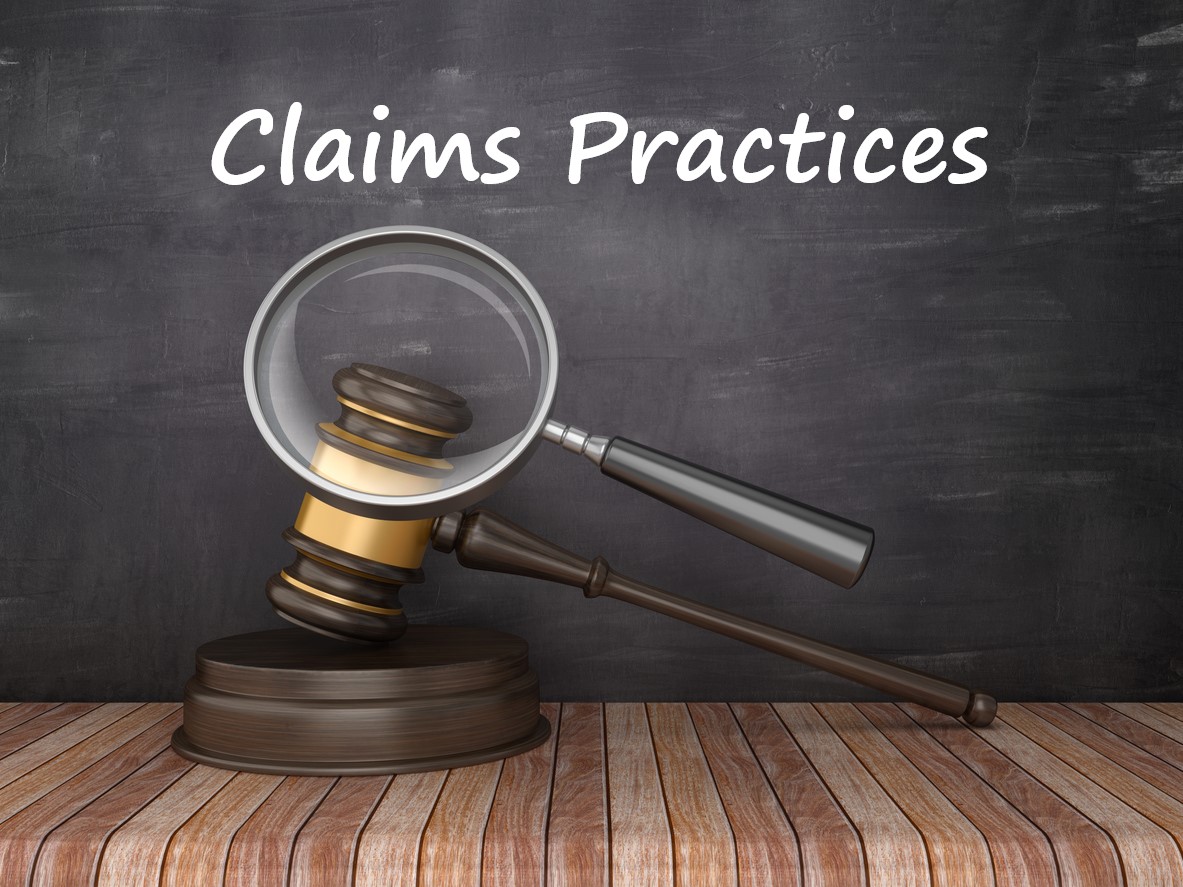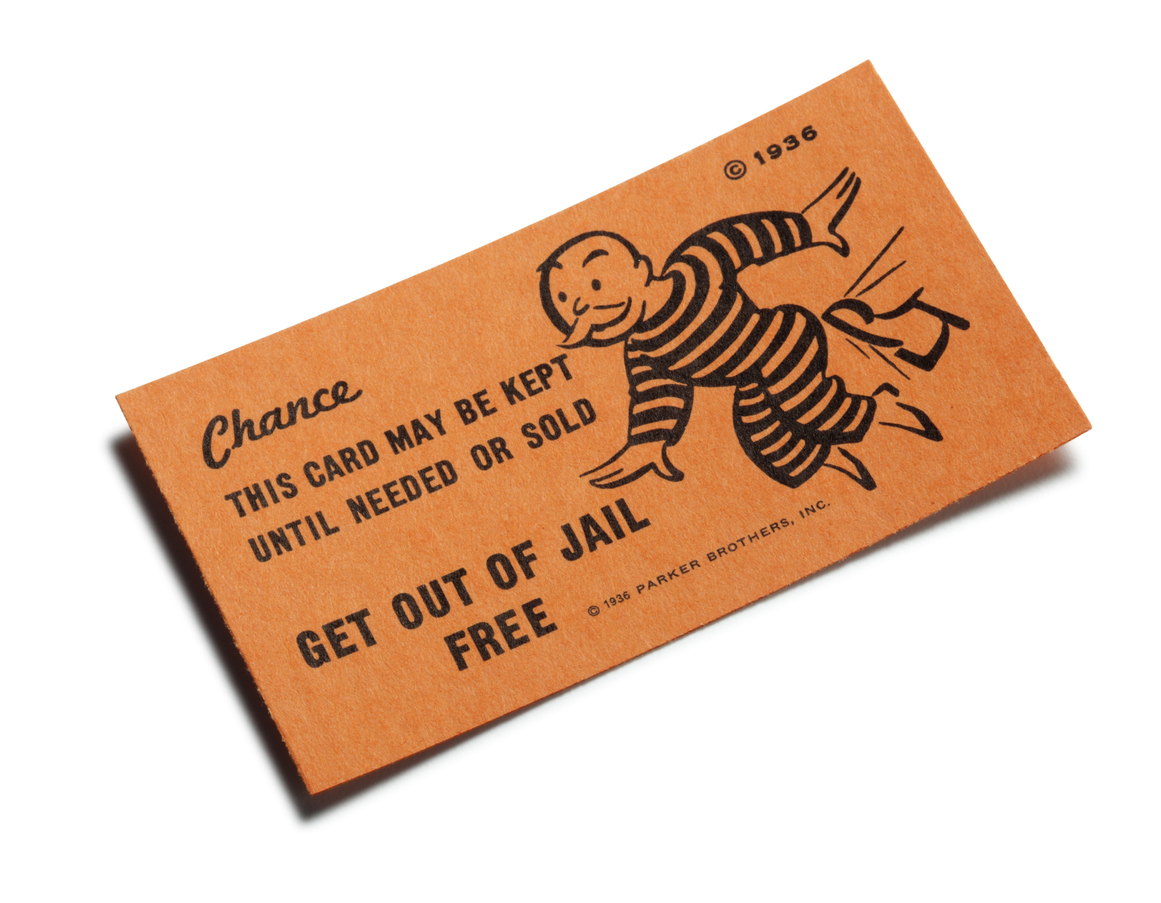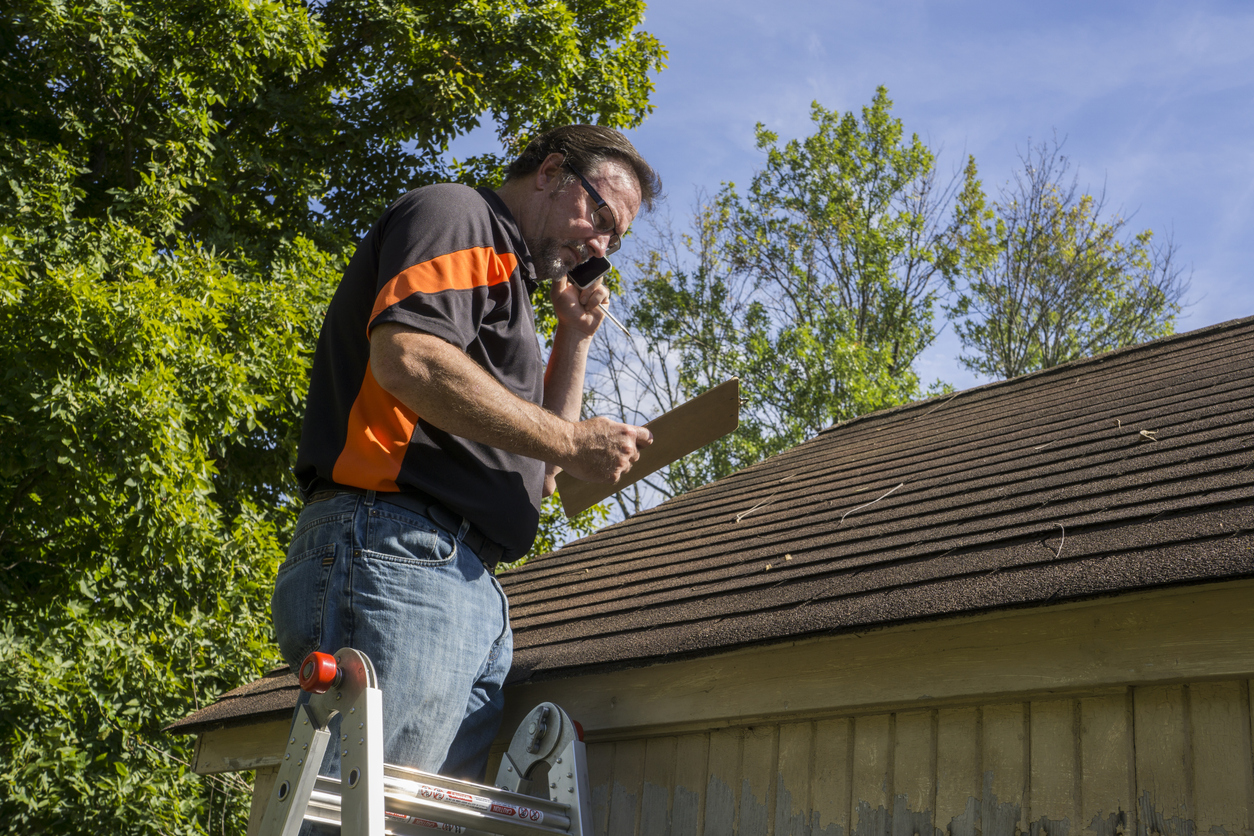As roadways are cleared of trees and debris and the downed power lines removed, residents begin returning to an unrecognizable community, their home, all landmarks destroyed in the heavily impacted areas. It is like a dream as they begin to navigate lost and in shock. Then, there it is: a remnant of what used to be a home, a business, a school, a store, the townhall—all destroyed. But resolve settles in with determination: “We have insurance. We’ll just rebuild.” And, it begins.
The insured notifies the insurance carrier of its claim, and asks, “What now and when can we expect to receive our insurance proceeds?” By Louisiana Statute the insureds have rights and can expect certain time delays and services to be met by their insurers in the adjustment of their claim, as well as to be treated fairly and honestly. Louisiana Statutes also regulate the insurers’ conduct and provide for penalties for failure to meet those duties and obligations.
After Hurricane Katrina, the Louisiana State Legislature enacted the Policyholder Bill of Rights,1 including the following, which apply to the adjustment of a claim:
(13) Policyholders shall have the right to receive payment of the amount of any property damage claim, or a portion of the claim, due or a written offer to settle any property damage claim within thirty days after receipt of satisfactory proof of loss in accordance with the provisions of R.S. 22:1892 and 1973. If a claim is denied, policyholders shall have the right to receive a written explanation as to the reason for denial, in whole or in part, of any claim made under their policy of insurance.
(14) Relative to first party property damage claims, policyholders shall have the right to request and receive from the insurance company any estimates, bids, plans, measurements, drawings, engineer reports, contractor reports, statements or documents that are not legally privileged that the insurance company prepared, had prepared, or used during its adjustment of the policyholder’s claim. A company may keep confidential adjuster notes, logs, and any documents prepared in conjunction with a fraud investigation.
(15) Policyholders shall have the right to file a complaint against any insurance company, producer, or adjuster with the Department of Insurance, and have that complaint investigated by the department.
(16) Policyholders shall have the right to a readable policy, to receive a complete property insurance policy, and to request a duplicate or replacement policy as needed.
(17) Policyholders shall have the right to the remedies provided for in R.S. 22:1892 if an insurer violates that Section in the handling of the claim.
Though, the Louisiana Policyholder Bill of Rights do not themselves provide for penalties for violations of those enumerated rights, they do cite to the Louisiana Statutes that do.
In Louisiana, an insurer has “an affirmative duty to adjust claims fairly and promptly and to make a reasonable effort to settle Claims.”2 An insurer who breaches these duties shall be held liable for damages sustained as a result. Any of the following acts, knowingly committed or performed by an insurer, is breach of the insurer’s duties:
La. Rev. Stat. § 22:1973 Good faith duty; claims settlement practices; cause of action; penalties
(1) Misrepresenting pertinent facts or insurance policy provisions relating to any coverages at issue.
(2) Failing to pay a settlement within thirty days after an agreement is reduced to writing.
(3) Denying coverage or attempting to settle a claim on the basis of an application which the insurer knows was altered without notice to, or knowledge or consent of, the insured.
(4) Misleading a claimant as to the applicable prescriptive period.
(5) Failing to pay the amount of any claim due any person insured by the contract within sixty days after receipt of satisfactory proof of loss from the claimant when such failure is arbitrary, capricious, or without probable cause.
(6) Failing to pay claims pursuant to R.S. 22:1893 when such failure is arbitrary, capricious, or without probable cause.
C. In addition to any general or special damages to which a claimant is entitled for breach of the imposed duty, the claimant may be awarded penalties assessed against the insurer in an amount not to exceed two times the damages sustained or five thousand dollars, whichever is greater. Such penalties, if awarded, shall not be used by the insurer in computing either past or prospective loss experience for the purpose of setting rates or making rate filings.3
Louisiana Statutes also provide time frames for which the first party property insurer is to progress through adjustment of the insured’s claim or be subject to the penalties set forth in La. Rev. Stat. § 22:1973. The following statute sets out the time frames an insured can expect to rely upon or seek remedy:
La. Rev. Stat. § 22:1892. Payment and adjustment of claims, … penalties; …
(1) … shall pay the amount of any claim due any insured within thirty days after receipt of satisfactory proofs of loss from the insured or any party in interest.
****
(3) Except in the case of catastrophic loss, the insurer shall initiate loss adjustment of a property damage claim … within fourteen days after notification of loss by the claimant. In the case of catastrophic loss, the insurer shall initiate loss adjustment of a property damage claim within thirty days after notification of loss by the claimant except that the commissioner may promulgate a rule for extending the time period for initiating a loss … Failure to comply with the provisions of this Paragraph shall subject the insurer to the penalties provided in R.S. 22:1973.
(4) All insurers shall make a written offer to settle any property damage claim, including a third-party claim, within thirty days after receipt of satisfactory proofs of loss of that claim.
B.(1) Failure to make such payment within thirty days after receipt of such satisfactory written proofs and demand therefor or failure to make a written offer to settle any property damage claim, including a third-party claim, within thirty days after receipt of satisfactory proofs of loss of that claim, as provided in Paragraphs (A)(1) and (4) of this Section, respectively, or failure to make such payment within thirty days after written agreement or settlement as provided in Paragraph (A)(2) of this Section when such failure is found to be arbitrary, capricious, or without probable cause, shall subject the insurer to a penalty, in addition to the amount of the loss, of fifty percent damages on the amount found to be due from the insurer to the insured, or one thousand dollars, whichever is greater, payable to the insured, or to any of said employees, or in the event a partial payment or tender has been made, fifty percent of the difference between the amount paid or tendered and the amount found to be due as well as reasonable attorney fees and costs. Such penalties, if awarded, shall not be used by the insurer in computing either past or prospective loss experience for the purpose of setting rates or making rate filings.4
Further, Louisiana Statutes allocate the burden of establishing an exclusion under the terms of the policy on the insurer and specify conduct deemed to be arbitrary and capricious, subject to the penalties outlined in La. Rev. Stat. 1973:
La. Rev. Stat. §22:1893. Claims involving immovable property
A.(1) No insurer shall use the floodwater mark on a covered structure without considering other evidence, when determining whether a loss is covered or not covered under a homeowner’s insurance policy.
(2) No insurer shall use the fact that a home is removed or displaced from its foundation without considering other evidence, when determining whether a loss is covered or not covered under a homeowner’s insurance policy.
B. If damage to immovable property is covered, in whole or in part, under the terms of the policy of insurance, the burden is on the insurer to establish an exclusion under the terms of the policy.
C. Any clause, condition, term, or other provision contained in any policy of insurance which alters or attempts to alter the burden on an insurer as provided in Subsection B of this Section shall be null and void and of no effect.
D. Any insurer determined to be in violation of the provisions of this Section shall be liable pursuant to R.S. 22:1973.
There is comfort in knowing others have walked the path and left the lessons learned accessible to others. There is so much going on during recovery, which makes it important to document the claim and keep a diary of significant events, such as phone calls to and from the insurer and adjuster, inspections, and other communications. This will help you and the insurer stay on track. We encourage policyholders affected by Hurricane Laura to know their insurance rights and remedies, and hope to shed some light on the process during these difficult times.
__________________________
1 La. Rev. Stat. § 22:41. Policyholder Bill of Rights.
2 La. Rev. Stat. § 22:1973 Good faith duty; claims settlement practices; cause of action; penalties.
3 Id.
4 La. Rev. Stat. § 22:1892. Payment and adjustment of claims, policies other than life and health and accident; personal vehicle damage claims; extension of time to respond to claims during emergency or disaster; penalties; arson-related claims suspension.




